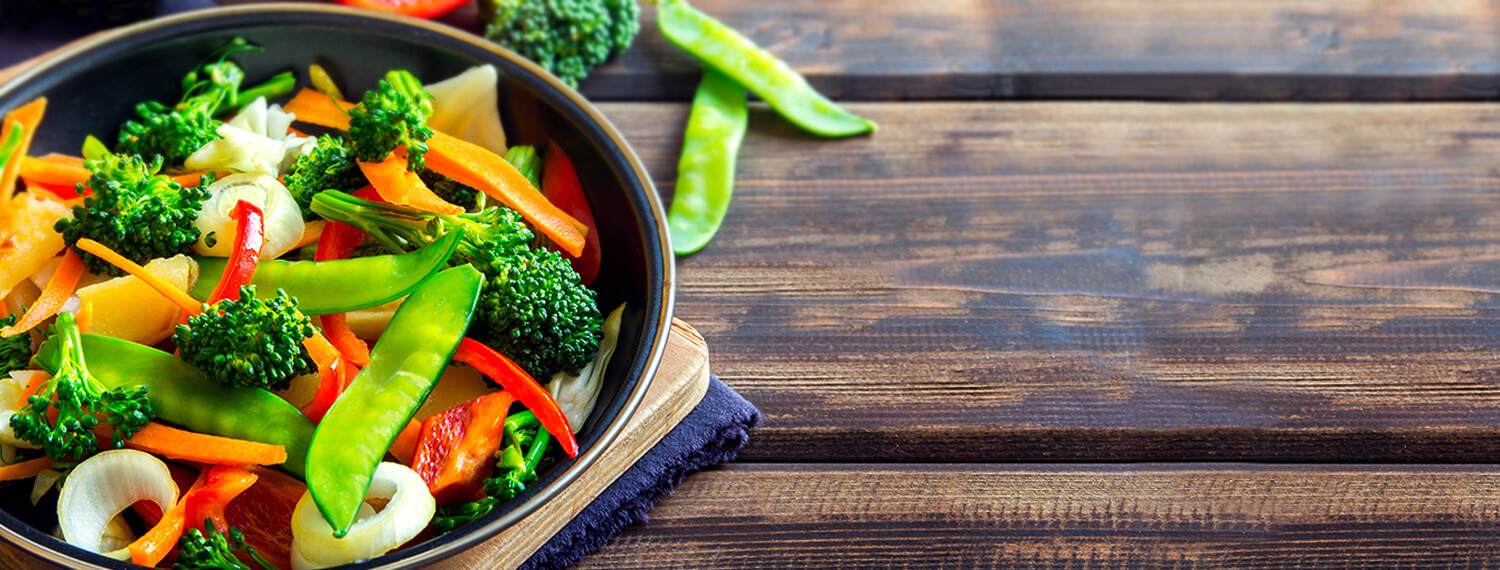Many people are hesitant to fully embrace a plant-based diet because they are afraid. They’re afraid they won’t get enough nutrition (particularly protein), it might be too expensive or they just won’t have time to prepare everything.
Why don’t we just dispel some of those myths right now?
Myth 1: A Whole Food, Plant-Based Diet Is Too Expensive
On the surface, fast food hamburgers are a lot cheaper than a salad, but let’s look at some facts:
- While plant-based convenience foods can be sometimes pricey, if you stick to simple, whole food choices you will get much higher nutritional bang for your buck. For example,
- Beans, other legumes, and whole grains are a lot less expensive than meats and they’re jam packed with protein, vitamins, and minerals. And if you buy them in bulk, they will be less expensive.
- Buying fruits and vegetables that are in-season from your local farmer’s market is cheaper than the supermarket most of the time and the goods are fresher and usually naturally ripened (instead of being picked prematurely and ripened in the back of a semi-truck on the way to the store.)
- Equally and somewhat surprisingly, if you buy flash frozen ‘off-season’ fruits and vegetables, you will get many more nutrients than ‘fresh’ vegetables and fruits that are picked prematurely. And frozen fruits and vegetables have the added benefit of being less expensive! Tip: A USDA “U.S. Fancy” shield on the package designates produce of the best size, shape, and color. They are the most tender, succulent, and flavorful.
Myth 2: Plants Do Not Supply “Complete” Proteins
A complete protein is one that delivers all nine essential amino acids*. Contrary to popular belief, animal-based protein is not your only option for complete proteins.
- All whole foods contain these nine essential amino acids. All of them. This means all vegetables, fruits, nuts, whole grains, and legumes are complete.
- The only foods that don’t supply all nine are processed foods, i.e. starches and vegetables stripped from fiber like sugar, white flour, and white bread.
- As long as you’re taking in enough calories from whole foods, you’re taking in plenty of protein.
Myth 3: Plant-Based Diets Are High in Carbs
Carbohydrates are not the demons they’ve been made out to be. This is what you need to know:
- Fruits, vegetables, and whole grains are high in complex (or intact) carbohydrates, which is what your body needs for energy.
- Whole, plant-based foods are also rich in necessary vitamins, minerals, and antioxidants; they are high in fiber and protein as well. Fiber helps slow the digestion of carbohydrates. This means you don’t experience the ‘bad’ effects of processed (or stripped) carbs like a candy bar or a sugary soda that make your blood sugar spike and then plummet.
Myth 4: Eating a Plant-Based Diet Takes Too Much Time
It is true that eating a whole food, plant-based diet takes more time than nuking a TV dinner.
But preparing healthy whole food meals doesn’t mean you’ll be chained to the stove for eternity.
Here are some tips:
- Keep it simple when you’re pressed for time. You can steam vegetables like squash or broccoli in less than ten minutes, including prep time.
- Invest in a salad spinner. There’s nothing like a salad spinner to help you quickly wash and dry leafy greens. And most spinners are also suitable for use as a salad bowl, saving you on clean-up time. Spin up enough for the week and your nightly salads will come together in minutes.
- Use your slow cooker. You can cook everything from soup to beans to enchiladas and quinoa in a slow cooker. Toss everything in the pot before you leave for the day and dinner will be waiting for you when you get home!
- Another great way to integrate a whole food, plant-based diet seamlessly into your life is simply to plan ahead with a weekly menu and stock your pantry or freezer full of yummy frozen veggies and fruits in advance.
Myth 5: Eating a Plant-Based Diet Means You Are Hungry All the Time.
Nothing could be further from the truth. A whole food plant-based diet can be totally satisfying.
- If you are eating plenty of whole food plant-based foods, you will be loading up on fiber. Fiber is really what makes you feel satiated; it fills up your stomach and stabilizes your blood sugar levels to prevent cravings.
- Legumes (i.e. foods like beans, peas, and lentils) are particularly good because they are composed of hunger-satisfying protein and have uniquely high levels of fiber and resistant starch which are carbohydrates that are not broken down by our digestive system.
- Have a growling stomach? A few walnuts provide a powerful antidote with a perfect blend of fiber, protein and healthy fats that will keep you satisfied (and your stomach quiet) for hours.
To eat a whole food, plant-based diet, you might have to shop a little differently, think a little more about the variety of foods you include in your diet and spend a few more minutes in the kitchen, but in the end, you will reap enormous nutritional rewards.
Give it a try. Ditch the microwave and head for the farmer’s market. You’ll soon discover that it’s not necessary to break the bank, sacrifice protein, fret over carbs or spend hours on end slaving in the kitchen to nourish and build your body with the delicious whole food, plant-based diet it craves.


